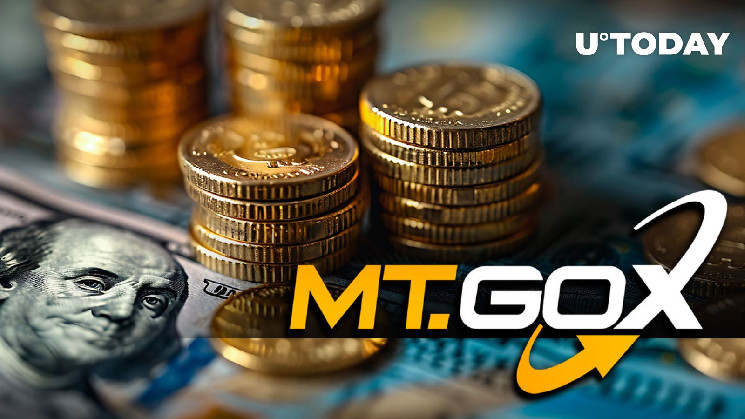The notorious Mt. Gox exchange, which used to be the biggest Bitcoin exchange that shut down in 2014, is in the spotlight once again. A Mt. Gox-labeled address recently moved 33,141 Bitcoin, which is roughly equivalent to $2 billion. A total of 33,023 Bitcoin were transferred to a new address and an additional 117 Bitcoin, or roughly $7 million, was sent to cryptocurrency exchange OKX.
Even though a move of this magnitude has the potential to cause market thrill, panic is not necessary. It is critical to realize that the market has already priced in this transfer, which was anticipated. Care has been taken to manage sales of these assets so as not to upset the market. The assets have been handled methodically.
#PeckShieldAlert #Mt.Gox-labeled address transferred 33.1K $BTC out, including 33,023 $BTC (worth ~$2B) to a new address bc1qpn...7k53 & 117 $BTC (worth ~$7m) to #OKX within the last 24 hours pic.twitter.com/8rRac2Z3mf
— PeckShieldAlert (@PeckShieldAlert) August 14, 2024
Considering Mt. Gox's demise, the process of redistributing its leftover assets has been protracted and difficult. This continuous effort to pay back creditors includes the most recent transfer. Since the market has had enough time to adjust to the expected release of these funds, participants on the market are well aware of these planned transactions. The most important thing to remember is that Mt. Gox is controlling its Bitcoin sales within the limits of the available market liquidity.
This indicates that the current market structure is not being materially harmed by the transactions. In contrast to an unanticipated and sudden dump of Bitcoin, which might cause a steep drop in price, these transfers are carried out in a way that minimizes any possible negative effect. Furthermore, rather than being liquidated right away, the majority of the transferred Bitcoin was sent to a new address. This implies that the assets might not be sold right away, which would lessen the chance of a market disruption.
 u.today
u.today
